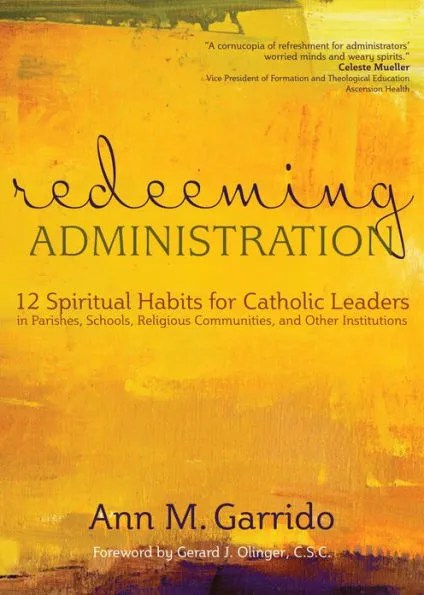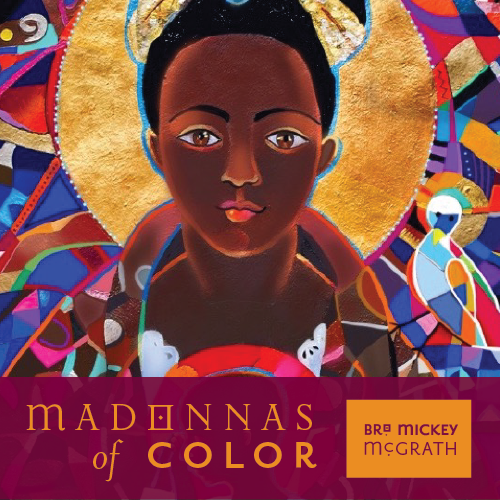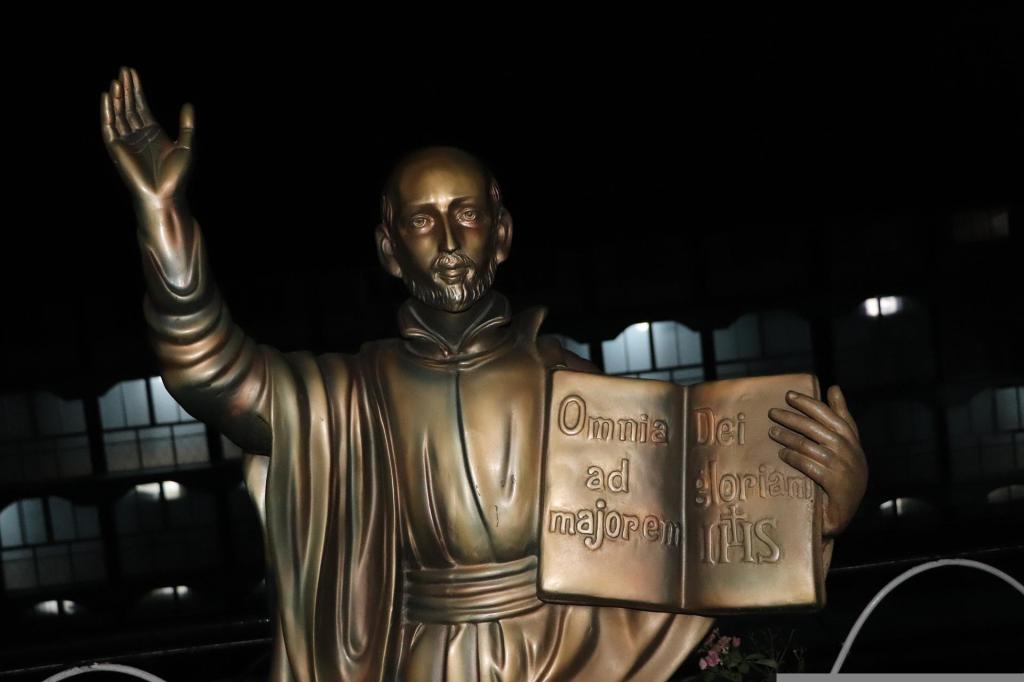I just checked the date of my last entry and realized I’ve gone a quarter of a year without blogging, and even longer without posting anything on social media. What’s up with that? Have I been hibernating?
Actually, I’ve been writing, which feels just as delightfully restorative. When I returned from the Ignatian Camino in November, I took some time to ease back into “regular” life. Knowing that my speaking schedule would pick up in February with the beginning of Lent, after the holidays I made a decision: devote January to working on my next book, Finding God Along the Way: Wisdom from the Ignatian Camino for Life at Home.
What a luxury! I spent much of the last month slipping out of bed at 5:30 a.m. to write, giving myself permission to ignore all other tasks until the last of my creative energy was spent. This was particularly satisfying during the five days I dog-sat at my brother’s house; there’s nothing like snuggling up with an eighty-pound basset hound to keep you in one place. (Pictured here: Hank overseeing my progress from the back of the sofa.)
Originally, the subtitle of this new book was going to be “Lessons from the Ignatian Camino for Life at Home.” While I like the pairing of “lessons” and “life” (adoring alliteration as I do), the more I wrote, the less appropriate the subtitle felt. The effects of the Camino are dynamic, continuing to unfold. The word Lessons feels too pat—like I should be tying an instructive bow at the end of every chapter. So I’ve shifted to Wisdom, which feels more open-ended. Here’s how I describe it in the introduction:
The wisdom of the Ignatian Camino is not just for those with the resources to fly to Spain, lace up their boots, and hit the road. It is everyday wisdom, useful whether or not your life is marked by good health, financial freedom, or job flexibility. Like all wisdom, it needs to be savored, so I would encourage you not to race through this book to find out “what happened.”
I’m trying not to race through the book, either. After drafting a few chapters that belong somewhere in the middle (starting there because they were fun to write), I’ve gone back to the beginning, paging through my notes, photos, and reflections to stir my memories. Sometimes I get lost down an internet rabbit hole, looking at maps of the terrain we crossed, or trying to figure out the name of that church / park / village we visited. And yet, this is not a travelogue; despite veering away from the word “lessons,” with every chapter I ask myself what I learned, and how that wisdom is bearing fruit back at home. If it’s not, it’s not worth sharing.
My January hibernation got me almost to the midpoint of Finding God Along the Way, making me optimistic about my (self-imposed) June deadline for a finished first draft. Now that February is here, I still take most mornings to write, but after that I turn my attention to the Lenten programs on my horizon. Allow me to highlight the newest here:
On the weekend of March 10-12, at the Loyola House of Retreats in Morristown NJ, I’ll be co-leading a retreat called “Brother and Sister and Mother to Me: God’s Holy Family is Wider Than We Know.” The idea for this retreat came when Loyola invited presenters to design retreats for the 2023 season around the theme of “family.” My mind immediately went to how many people feel omitted or excluded—for a variety of reasons—when the Church starts using that word, and I knew I wanted to do something for them. For us.
Here’s how my friend and co-presenter Linda Baratte and I are describing the retreat:
A treasured insight in our Catholic tradition is the idea of family as the domestic Church—an honored place where, like the Holy Family, we first learn to love. But what if our family bears little resemblance to that sacred threesome? We can often feel on the fringe of Church and parish life. Whatever our family configuration, what would it mean to embrace the radical, wider vision of family that Jesus is inviting us to—with faith, not blood nor history, as our DNA? In our retreat weekend together, we will explore and celebrate the richness of all the ways God has called us to be family to one another.
Now, that feels worth coming out of hibernation for! If it piques your interest–for yourself or someone you love–check out Loyola’s website for details. And be sure to visit my Speaker page for other Lenten offerings; Ash Wednesday is two weeks from today!
Now, back to Spain (if only in my brain) I go . . .

























